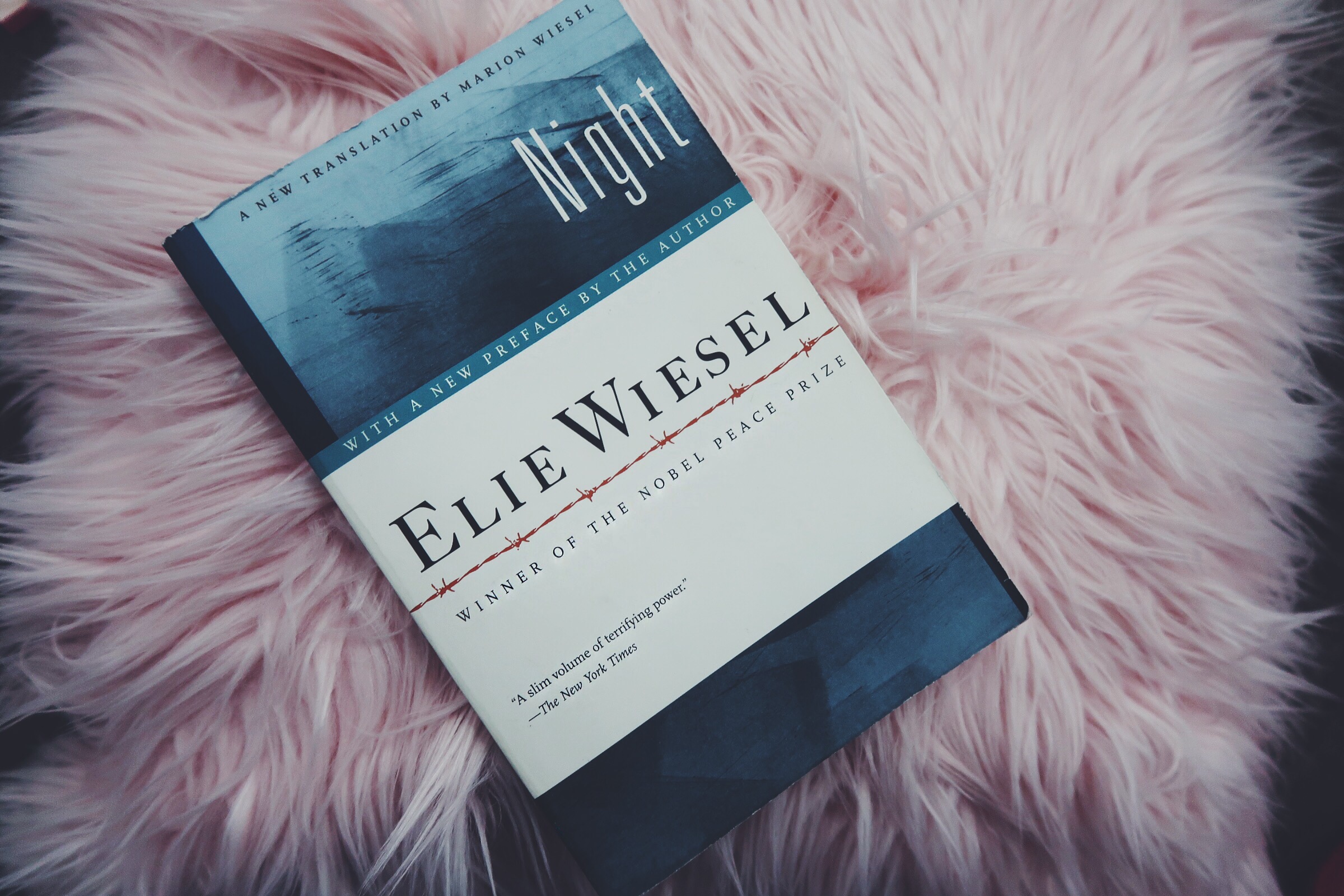Recital, journal, diary, and over 30 other prose synonyms will be considered in this composition among other related topics.
I will predict that by the end of this simplified piece, you should be able to put prose in several other ways whenever you want to.
1. Antipoetic
2. Prosaic
3. Essay
4. Matter-of-fact
5. Literal
6. Unlyrical
7. Factual
8. Nonrhythmic
9. Fiction
10. Unpoetic
11. Report
12. Composition
13. Column
14. Exposition
15. Text
16. Letter
17. Story
18. Speech
19. Writing
20. Nonfiction
21. Prose poetry
22. Narrative
23. Account
24. Document
25. Polyphonic prose
26. Literary genre
27. Euphuism
28. Tirade
29. Interior monologue
30. Chronicle.
Aside from the 30 Prose synonyms given above, there are a number of other ways to say the word prose, including:
– Article
– Narration
– Tale
– Myth (more of an untrue story passed from generation to generation)
– Anecdote
– Prosaic writing
– Discourse (When an intellectual interlocution is written, it has some features of prose)
– Piece (Piece of writing in full)
– Expressive writing (Not restricted by a pattern of rhyming scheme.)
– Novelette (A form of prose)
– Biography (A form of prose like Autobiography. Both are usually non-fictional and are an account of a real existence.)
Basically, the synonyms of prose are words amplifying some of the most peculiar features of prose works.
Note however that synonyms are merely closely related words and not always the exact ways to say one thing. So, be mindful of the context where you substitute each and any of our examined words with ‘prose’.
Read Also: Philosophy Synonyms
What is Prose and Non Prose?

Prose is especially different from poetry. It is a non-metrical genre of literature that comes in conventional or plain language coordinated into complete sentences and paragraphs.
Prose observes proper grammatical structures and are consequently more easily comprehensible as opposed to such forms of writings as poetry. One reason poetry cannot be easily interpreted, for instance, is its nature of free use of language—allowing poets to go outside the conventional use of any given language to articulate themselves aesthetically succinctly.
Some examples of prose works are articles in newspapers and magazines, short stories, blog posts, and novels. Prose is the most common form (written and oral) of literature.
Non prose works on the other hand are definitely all other genres and subgenres of literature that are not in the form of prose—say drama, ode, epic, for instance. They are usually divided into patterns other than the conventional paragraphs we know in prose.
To speak of ode and epic, we say they are divided into stanzas, and for drama, into acts and scenes, with acts being the larger division.
If we seek typical examples of non prose works, we should be referring to the national anthem of every country. They are in stanzas. Songs too, which are basically usually a form of poetry, can be identified as non prose works.
Both prose and non prose works are literary works and may prove identical, but each has a characteristic feature in accordance with what has been earlier highlighted.
How can understanding synonyms help writers create more varied prose?

Mastering synonyms and even antonyms of several words can dramatically improve a writer’s writing skills, basically by making the writer sound new on every new page turned.
We all have something to say, but since we do not share the same mind and paradigm of thoughts, we cannot tell our minds in the exact same way. If it happens that we do, chances must have allowed that. But this is not even entertained in the writing industry, where there are such things as copyright infringement. Not only that, it is unethical for a self-acclaimed creative mind to ‘steal’ the creativity of another. One must be original.
Becoming original as a writer requires one to bend his neck to learn broadly, for instance, knowing various ways to put one same thing.
Rather than saying, ‘he kicked the bucket’, as is already commonly used, with the knowledge of other similar idioms, I may decide to say, ‘he has gone the way of his ancestors’, for example.
Knowing full well that there are a number of other reasons you need to change the way you say things (sound), it is reasonable to say that writers ought to be familiar with synonyms among other things.
Frequently Asked Questions
For more knowledge of the just examined topic, also read the following:
Are poetry and prose synonyms?
No, prose and poetry are not synonyms. While both are forms of literary work, it wouldn’t be professional of any litterateur to confuse prose for poetry. Linguistically, both may cross paths as writings, but technically, their peculiar features cannot allow prose and poetry to be regarded as synonyms.
For instance, poetry is generally broken into verses (stanzas) and lines, and may be measured in these parameters too, while prose are usually in complete sentences divided into paragraphs and chapters.
The qualities of a prose work earlier discussed in this piece are not attributes of poetry, which is something to take note of, too.
What Counts as Prose?
Any straight and clear form of writing that doesn’t seem to get restricted by some metrical or rhythmic patterns has some qualities of a prose.
It usually wouldn’t come in stanzas or verses, or in dialoguing form (as is the case with drama), —but could be overridden by some exceptions.
Share


